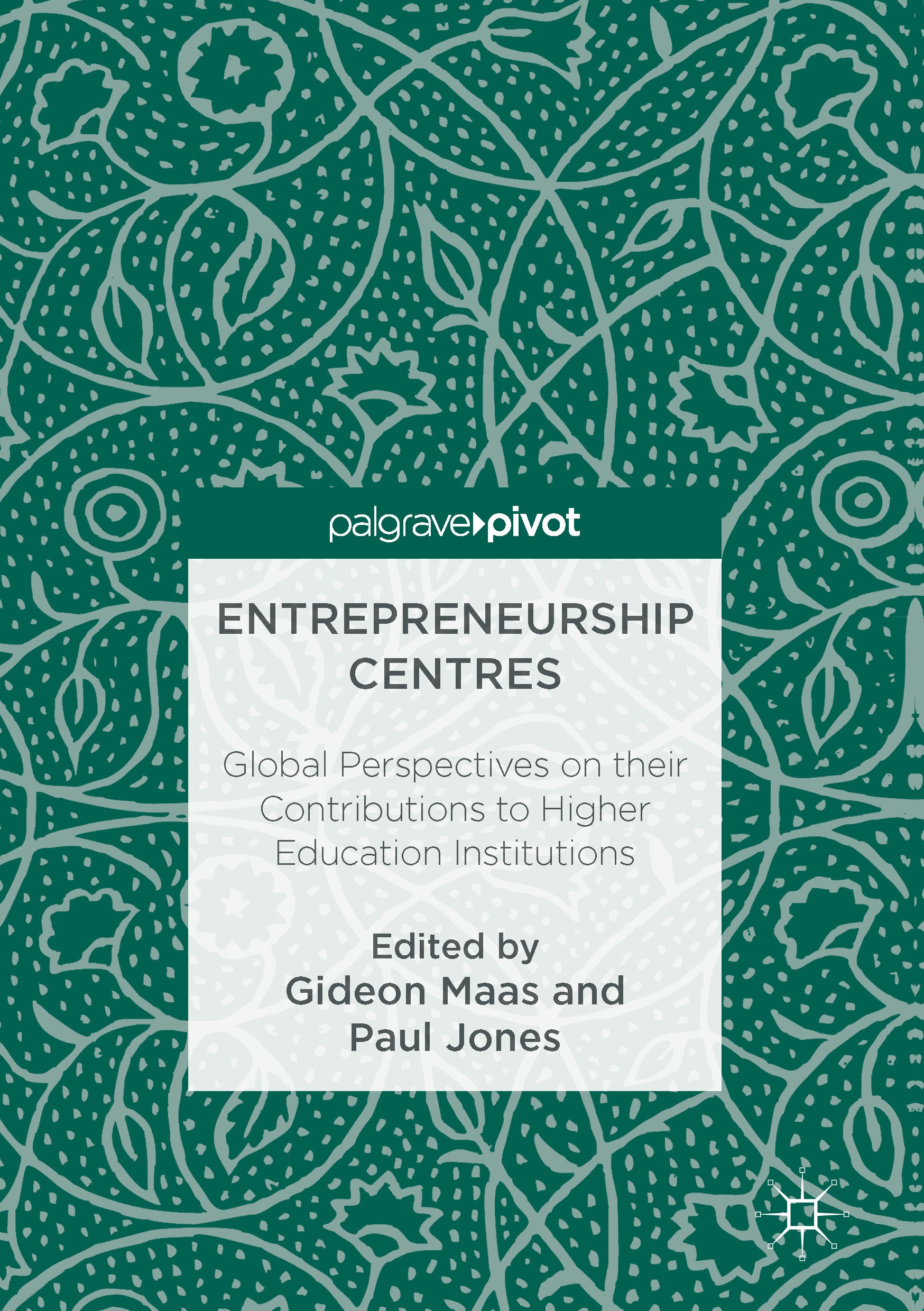| 书目名称 | Entrepreneurship Centres | | 副标题 | Global Perspectives | | 编辑 | Gideon Maas,Paul Jones | | 视频video | http://file.papertrans.cn/312/311756/311756.mp4 | | 概述 | Follows on from the editor’s previous book Systemic Entrepreneurship.Provides up to date reflections of current research and findings in entrepreneurship centres.Explores how information can be utilis | | 图书封面 |  | | 描述 | .Focusing on the role entrepreneurship centres can play within the UK and other countries; this edited volume explores the effective construction of viable and sustainable entrepreneurship centres. It questions how these Higher Education Centres contribute to enterprise and entrepreneurship curriculum enhancement, research, and support to entrepreneurs. .Entrepreneurship Centres. responds to the renewed focus on Higher Education Institutions to play a meaningful role in socio-economic development and the need for such centres to act as an equal component to the traditional roles of teaching and research within universities. With case studies from the UK, Africa, Europe, and Canada, this collection contributes to the debate on whether entrepreneurship centres can and should play an important role in entrepreneurship activities within HEIs.. | | 出版日期 | Book 2017 | | 关键词 | sustainable management; enterprise; curriculum; Higher Education; socio-economic development; sustainabil | | 版次 | 1 | | doi | https://doi.org/10.1007/978-3-319-47892-0 | | isbn_softcover | 978-3-319-83851-9 | | isbn_ebook | 978-3-319-47892-0 | | copyright | The Editor(s) (if applicable) and The Author(s) 2017 |
The information of publication is updating

|
|
 |Archiver|手机版|小黑屋|
派博传思国际
( 京公网安备110108008328)
GMT+8, 2025-12-26 14:58
|Archiver|手机版|小黑屋|
派博传思国际
( 京公网安备110108008328)
GMT+8, 2025-12-26 14:58


